
Just as the US capital was about to be convulsed by the departure of yet another senior figure in the Trump administration, Australian Foreign Minister Julie Bishop took a phone call.
It was from a figure described as “someone in the US Government close to the White House”.
The informant wanted Australia to know what Secretary of State Rex Tillerson did not yet know himself: that he was about to be fired.
“I was contacted formally last evening about the matter,” Ms Bishop told the ABC.
Even in an administration where communication had clearly broken down between the President and his Cabinet secretary, the contact with Ms Bishop about Mr Tillerson’s fate is unusual.
It is also evidence that Australia can still count on connections in high places in Washington DC, despite the revolving exit door that has taken out senior contacts like White House economics advisor Gary Cohn.
The back-channelling before Donald Trump sacked Mr Tillerson via Twitter was appreciated by the Foreign Minister, who has lost a trusted ally and confidante.
Ms Bishop tallies more than a dozen formal meetings with the Texan and many more informal encounters and phone conversations throughout his 14 months in office.
But in portent of what lay ahead, Mr Tillerson was in every sense on the outer with the White House over the last week and unable to help Australia when it needed him most.
Sleepless, sick and on a five-day trip to Africa, America’s chief diplomat had been unable to take calls from Ms Bishop, who was in New York and desperate to make a final plea for Australia to be spared Mr Trump’s steel and aluminium tariffs.
In the event, Mr Tillerson’s multiple distractions didn’t matter — months of work by the Prime Minister, his frontbenchers and diplomats and public servants earnt it an exemption anyway.
“The connections between the US administration and the Australian Government are very deep and enduring, whomever is in the the Lodge and whomever is in the White House, they go back decades. And so, the connections continue,” Ms Bishop said.
Fears Mattis, Mnuchin may also go
But Australia and the many other countries that look to America for stable leadership will also ponder an obvious question arising from turnover in the West Wing and the Trump administration: who’s next?
Although dismissed as fiction or “fake news”, the notion of what’s been called a “suicide pact” between Mr Tillerson and cabinet colleagues Jim Mattis and Steven Mnuchin has been enduring.
The theory goes that all three had agreed to quit if any of their number was dismissed.
From the perspective of Australia-US relations, this unlikely scenario would also be a devastating one if it ever came to pass, either partially or in full.
Mr Tillerson and his defence counterpart Mr Mattis have been variously described as comprising an “axis of sensible” or an “axis of adults” — measured, steady, process-driven operators who hold the administration together when the President goes on his many free-range frolics.
Mr Mattis in particular draws on deep reserves of goodwill towards Australia, stemming from his long military association with the Australian Defence Force.
Mr Mnuchin is a newer friend at court, but one who opened his door to the Prime Minister on his recent trip to Washington DC.
Fortunately for Australia’s sake, Mr Tillerson’s replacement, current CIA director Mike Pompeo, is also well known in Canberra’s political and intelligence communities.
The Prime Minister and Ms Bishop are both banking on a smooth transfer at the State Department.
“The transition will be absolutely seamless, our relationship with the US is outstanding at so many levels from the President and myself, right through the military, intelligence, diplomacy, business,” Mr Turnbull said.
What should Australia do next? Be prepared
With his provocative and unpredictable style and his ‘no-rules’ approach to diplomacy, Mr Trump is confounding all who practise and analyse foreign relations.
Much of Europe is angered, the UK bewildered, Mexico livid and China sagely tolerating the Trump experience.
Australia through Mr Turnbull, Japanese Prime Minister Shinzo Abe and, to a lesser extent, French President Emmanuel Macron are in sub-category of leaders who have deliberately adopted a strategy of workarounds, with a dose of presidential flattery to negotiate their way through the eccentricities in the Oval Office.
Their approach certainly carries risks — humiliation is one of them — but Japan, France and Australia can at least claim to have open lines of communication to the White House and for their ties to the US to be no worse than they were before the Trump presidency began.
In one of his rare media interviews as Secretary of State, Mr Tillerson last month told America’s 60 Minutes program of his path to the job, his Texas childhood and his proud membership of the Boy Scouts.
Now his Washington experience is over, the Australian Government in its dealings could perhaps heed the message of the Scouts’ motto that guided Mr Tillerson for all his years: “Be prepared.”






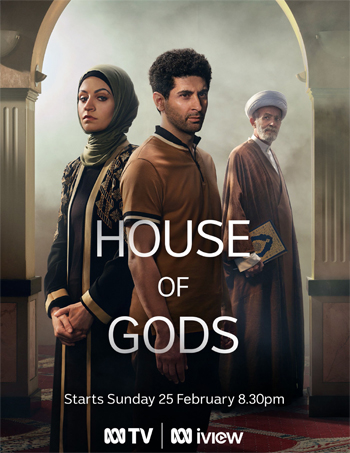

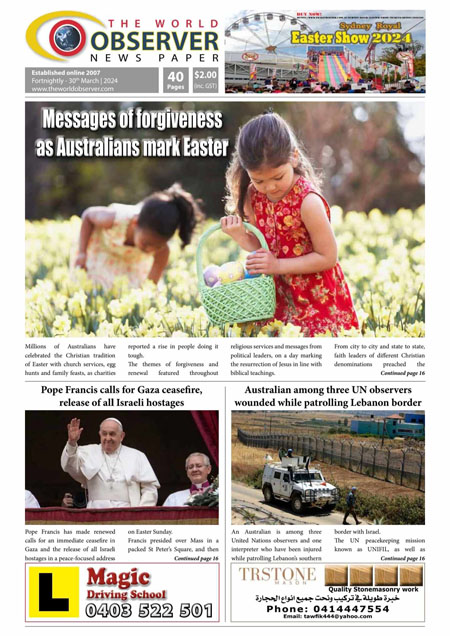
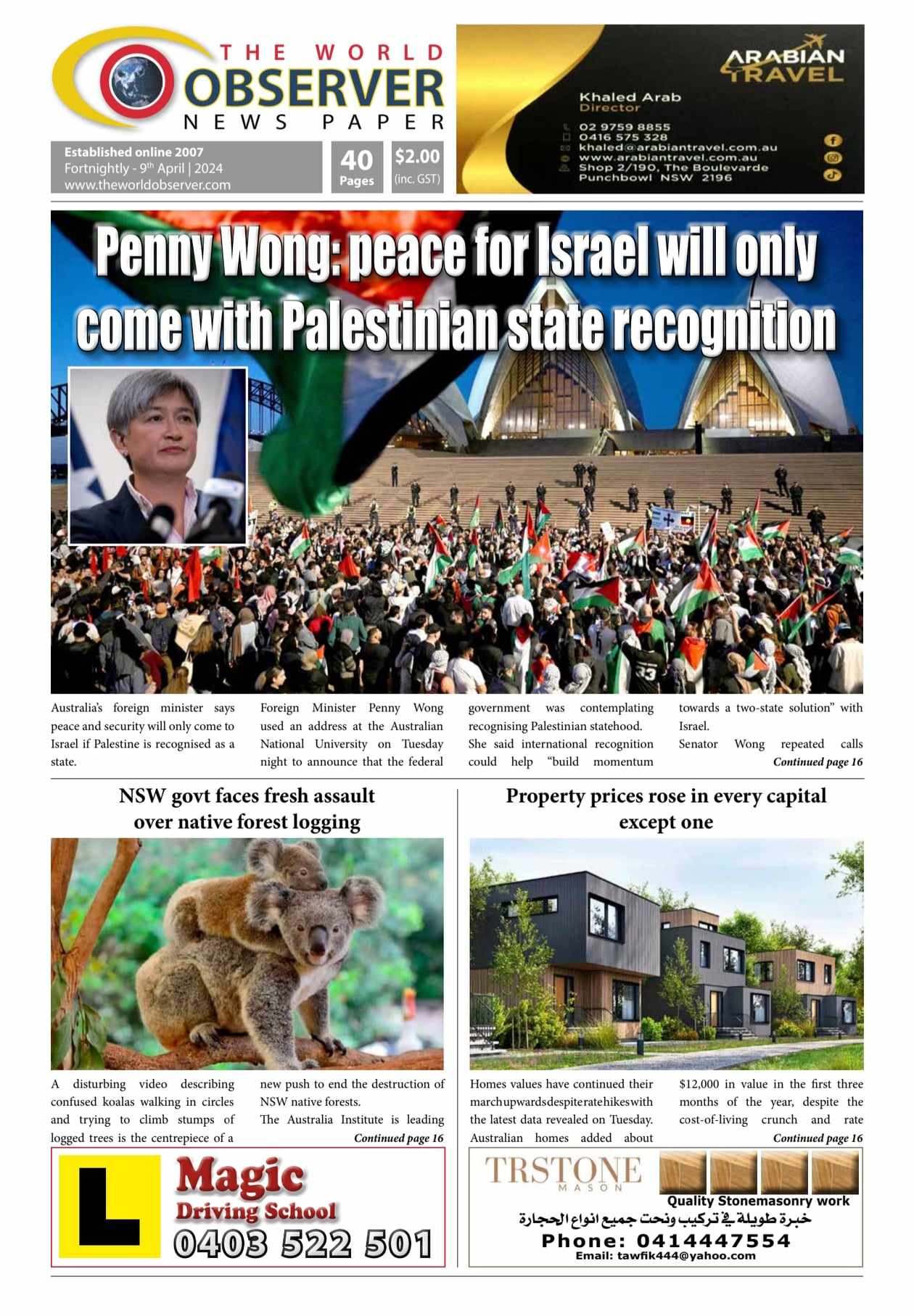

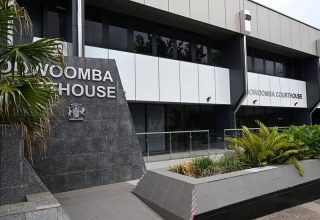





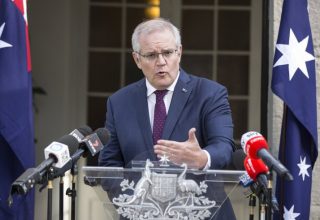




















 The World Observer Media produces a daily online newspaper, a daily Arabic online newspaper and a monthly printed Arabic/English magazine and a weekly printed Arabic/English newspaper.
The World Observer Media’s mission is to entertain and educate all generation from the Ethnic Communities in Australia, who are interested in local, national and foreign information.
The World Observer Media produces a daily online newspaper, a daily Arabic online newspaper and a monthly printed Arabic/English magazine and a weekly printed Arabic/English newspaper.
The World Observer Media’s mission is to entertain and educate all generation from the Ethnic Communities in Australia, who are interested in local, national and foreign information. 


